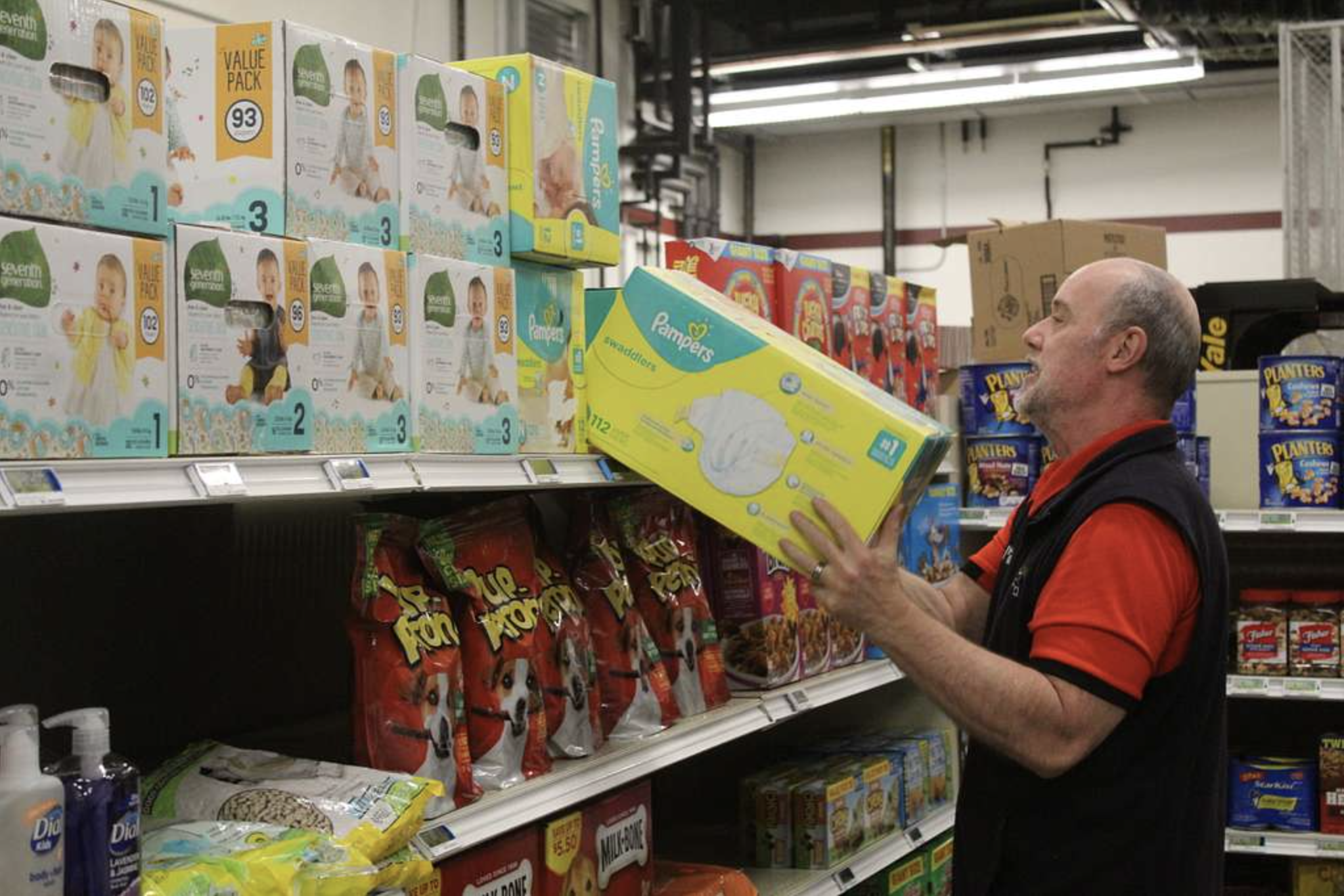Supporters of a federal pilot program to distribute diapers to low-income families in Massachusetts hope to build upon its success.
More than 1 million diapers, along with wipes and other needed supplies have helped some 1,600 families over the past several months.
Adriana Leo, director of planning and grants management for Community Action Inc. in Haverhill, said the program gives parents with limited budgets a chance to get ahead.
“If a family knows that they have the diaper supply to send their child to care, they also know that they can then go to work, to their school programs,” Leo explained. “They’re going to be covered and their child’s going to be comfortable.”
Leo noted enrolled families have received 100 diapers each month, giving them the financial flexibility to cover other basic needs. More than one-third of Massachusetts families said they cannot afford enough diapers for their children.
The Massachusetts Association for Community Action, a coalition of more than 20 community action agencies in the state, was awarded more than 1 million dollars in federal aid to distribute diapers via four hubs across the state and Western Connecticut.
Rep. Mindy Domb, D-Amherst, is sponsoring legislation to create a state fund to keep up the effort, and has held diaper drives at the statehouse to build support.
“The biggest awareness building activity you can do is to hold a diaper drive and have people who haven’t experienced the high cost of diapers recently go to the store and see how much they are,” Domb asserted.
Domb pointed out diaper distribution is just one strategy to help families make ends meet, in addition to direct cash payments. She noted WIC and SNAP funds cannot be used for diaper purchases. The bill has already advanced to the House Ways and Means Committee.
Mary Marte, housing program director for North Shore Community Action Programs, said it is encouraging news, as parents have reported the challenge of paying rent and going without diapers at the end of the month.
“The clients and the families that we work with, they cannot afford to pay $3,000 rent in the north shore,” Marte emphasized. “I think that people really appreciate the help.”
Marte added she thinks of a young mother and her one-year-old daughter who have benefited from the diaper distribution program, who told Marte the diapers have brought her a sense of security as she attends college and the confidence to keep going.

















